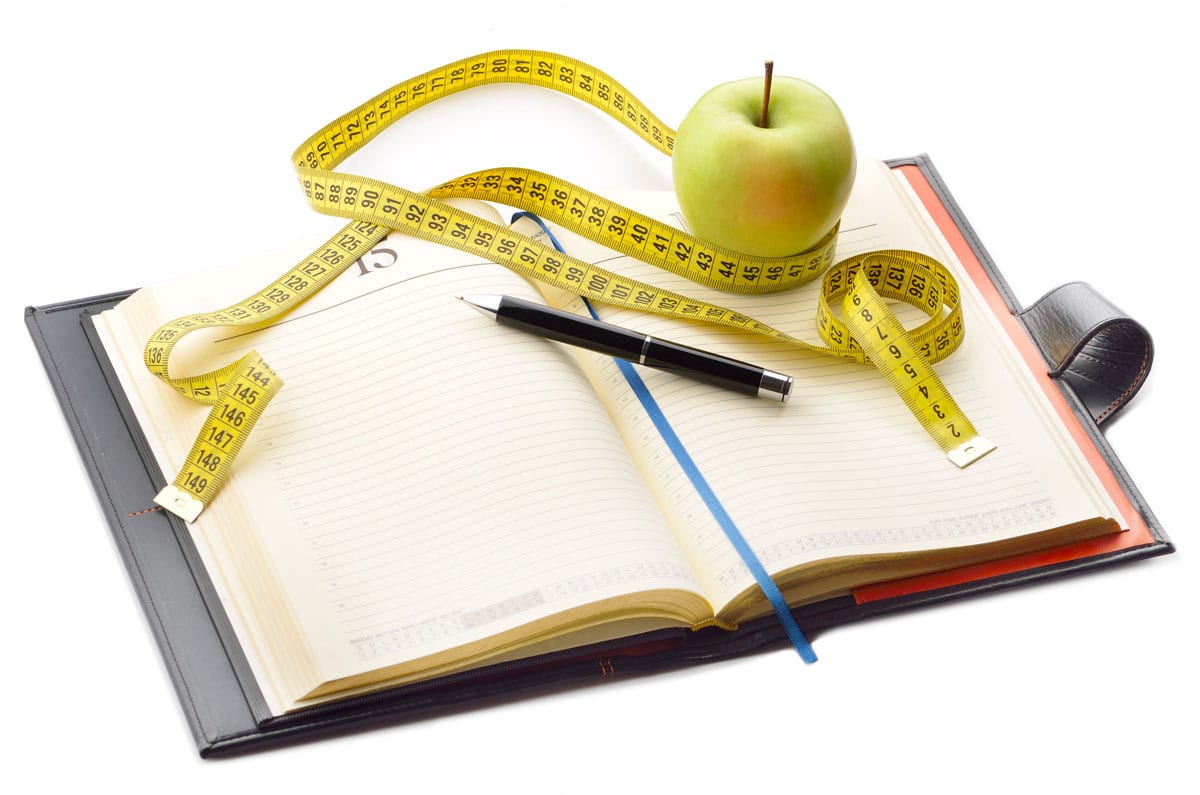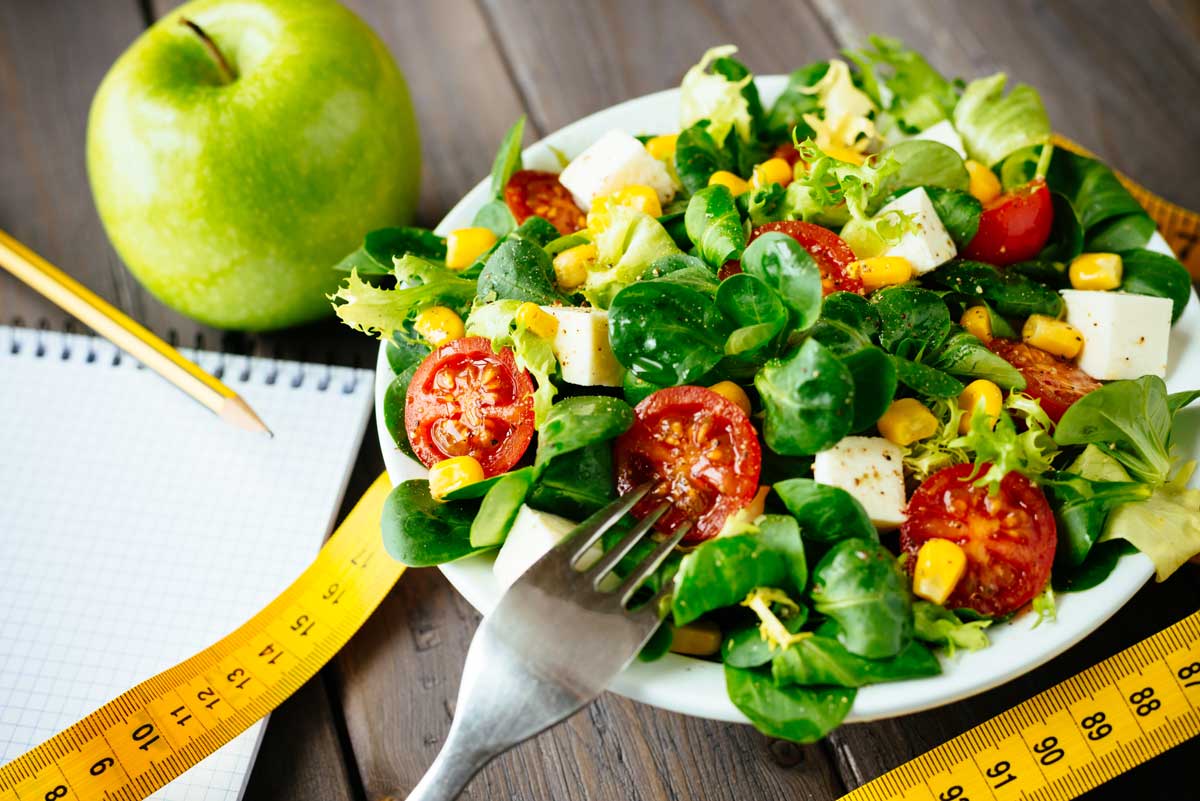Physical Vs Mental Fitness
There is but one way to live life to its fullest- being fit. Understanding the benefits of all-round fitness and knowing how active you should make it easier to improve the overall quality of your life. To help you live better, here’s how you can benefit from mental and physical exercise regardless of your age, sex or physical ability.
When talking about fitness, both mental and physical fitness come into play. More often than not, physical fitness gets plenty of attention, and for a good reason. A healthy body can counter conditions such as heart disease and diabetes, and help you maintain confidence as you age.
However, mental fitness is just as important as physical fitness, and should not be neglected in your self-betterment plans.
Mental fitness means having a brain and emotional health in tip-top shape. It may not necessarily mean training to ace an IQ test, but a series of exercise that helps slow down, decompress and boost a flagging memory.


Aerobics (cardio)
Aerobics involves maintaining an increased heart rate for an extended period of time. Types of cardio exercises include running, swimming, biking, rowing, dancing, and jumping rope.

Strength
Also called Resistance Training. It’s a physical activity with the purpose of increasing muscle strength and mass. Examples include weightlifting, dumbbell and bodyweight exercises.

Balance
This is where you activate your abdominal muscles for stability and control of your body. Balance exercises can include yoga, tai chi and stability ball exercises.

Flexibility
Bragging about how much you can bench is no fun if you have trouble tying your shoes. Flexibility saves you from tight hips, hamstrings, hip flexors and makes you as strong as you can be.

Why you need to be fit and importance of physical fitness
Weight control leads you towards fitness
Along with diet, exercise plays an essential role in managing your weight and preventing obesity. To maintain your weight, the calories you are taking must equal the energy you burn. To lose weight, you must utilize more calories than you eat and drink.
Manage your sugar and insulin levels
Exercise can reduce your blood sugar level and help your insulin work effectively. This can lower your risk for metabolic syndrome and type 2 diabetes. And if you already have one of those diseases, exercise can help you to maintain it.
Feel Happier through fitness
Exercise has been shown to improve your mood and reduce feelings of depression, anxiety, and stress. It produces variations in the parts of the brain that control stress and anxiety. It can also boost brain sensitivity for the hormones serotonin and norepinephrine, which relieve feelings of depression.
Better Mental Health and fitness
Regular exercise can have an extremely positive influence on depression, anxiety, ADHD, and more. It also relieves stress, increases memory, helps you sleep better, and boosts your overall mood. You don’t have to be a fitness fanatic to reap the benefits – browse through our site and discover how to reap these benefits.
How to Achieve Mental Fitness
Be positive with yourself and improve your fitness
Affirmation, or positively talking to yourself, involves strengthening neural pathways to bring your self-confidence, well-being, and satisfaction to a higher level. To start, make a list of your good qualities. Remind yourself that you don’t have to be perfect. Set goals for what you want to make better and start small to avoid becoming confused.
Stop Multitasking
Many think that multitasking enables you to get more things done at once, but it creates more problems than it solves. Focusing on one task at a time will improve your concentration and help you to be more productive.
Try Something Different
New practices can also set you on the way to mental fitness. You can fit new approaches into your daily life by trying new foods, new ways to accomplish routine tasks, traveling to new places or trying a new route to the grocery store.
Read More
Reading is great for your brain. Your brain processes every word you read, including this one. Beyond the mechanics, reading helps you visualize the subject matter on the pages before you, and imagine what voices sound like in the written dialogue.
This can also be a great relaxation technique
Top Fitness Tips for Mental and Physical Exercise.
General physical fitness and targeted exercises to improve stability can prevent falls. But so can staying mentally ready to maintain brain health. A sharp mind helps you to think — and stay — on your feet. Join us and learn to strike a balance.
No Results Found
The page you requested could not be found. Try refining your search, or use the navigation above to locate the post.
150 Exercises You Can Do
As a bonus, we are giving a free fitness exercise ebook to start your healthy lifestyle
Guide to Keeping a Track What You Eat
Are you struggling to keeping track what you eat and end up taking in all those extra calories without having a proper record? You are not the only one trying to cope with the calorie count of your everyday intake.

Reasons to know your eating habit
The last bit can be insightful if you can pen down your deepest emotions. Moreover, such self-revelations do often lead to a good laugh when you revisit your records. And the best way to keep a record is by maintaining a food journal.
What is a food journal?
A food journal is a record of your relationship with food. It’s more like self-discovery of those eating patterns that often get ignored in your daily chores. Your food journal if done carefully will help you to get to the real truth that keeps you from achieving your health aims. And here’s why you should kick-start your endeavor to maintain a food journal.
The truth about how many extra calories, sugar, fats, etc. you consume in the form of different foods. Remember, the calories are not always the culprit, you also have to worry about what else are you taking in excess and what all essential ingredients you are missing on?
It will generally be an eye-opener and you will be surprised to see the results if you sincerely make entries in the following columns:
- The food that has been consumed.
- Time of consumption.
- The portion sizes.
- Place where the food was consumed.
- People you eat with.
- The reason for your eating.
Food Journal to know your diet
It is a good idea to refer to certain food journaling websites or even books that will give you proper information about the nutritional value of different foods (both raw and prepared).
- If you do it digitally, then the apps or websites take care of the nutritional content and give you a detailed breakdown of your consumption, which is good if you are generally pressed on time.
- However, if you can manage a few minutes from your routine, then you should go in for the manual mode for it enriches your knowledge about the nutritional aspects of food.

No matter which model you prefer from the above but a journal entry should not be left to the end of the day because you may avoid some necessary details. In contrast, a regular entry helps you keep a proper and elaborate account of your dietary patterns that are essential to unveil the primary reason behind your obesity or other health concern.
These are some key tips to maintain a proper food journal that can help you track what you eat and consume most diligently. These tips will eventually lead to a habit of tracking and show some surprising trends and patterns, in your diet and your moods. You might find out that most of your hunger pangs have nothing to do with appetite but are led by stress or mood swings.

Such revelations might instigate you to take serious calls on your diet! And when it comes to maintaining diet, it is highly recommended that to ben well-informed about the significance of a balanced diet. This gives you a fair idea of what the ideal proportion of nutrients essential is for the overall growth of your body.
The Perfect Form of a Balanced Diet
Even the United States Department of Agriculture, with developments in nutritional science, now recommends eating a balanced plate by taking food from five groups, namely-

Vegetables: You can nosh on any of the five subgroups of the vegetables- leafy green, red or orange veggies, starchy vegetables, beans and peas (legumes), and others like zucchini.
Fruits: Whole fruits are recommended by many nutrition experts over juices because the former is rich in fiber and more appetizing.
Grains: While you can feast on both whole grains and refined grains, the former is rich in fibers as well as protein and the latter one is processed and ripped off their nutritional value. Some of the most nutritional grains include oats, brown rice, barley, quinoa, etc.
Protein: The significance of including proteins in daily diet has been underlined by the 2015-2020 Dietary Guidelines for Americans that suggests having protein make up for at least a quarter of a plate. Primary sources of protein include chicken, turkey, fish, pork, legumes, beans, etc.
Dairy: These products are a significant source of calcium and should be a part of your daily consumption. From ricotta cheese to Greek yogurt to soy milk, you will be spoilt for choices when it comes to purchasing dairy products.
To know more about a balanced diet, have a read at one of our posts- Contol your Appetite.
Let’s Keep Track What You Eat
Knowing about a balanced diet and following a strict dietary regime to attain maximum benefits are two different ball-games which can be streamlined by keeping a regular food journal.
Moreover, keeping a food journal will help you know what regulates your hunger, when you often feel hungry, how much you eat, and how much is required by your body.
It also helps you weigh different triggers that led to hunger. In fact, A Kaiser Permanente study showed that people who kept food journals were able to lose weight much faster than the ones who were not.
Hence, with all this information at your hands, don’t you think maintaining a track of your food intake is essential?
Final Say on keeping track on what you eat
In this age where almost everyone has a iphone of android with any one of a dozen of free applications, it is very easy to track what we eat and how many calories we eat.
We can also check the calorie levels in what we drink and eat.
It just takes will power and determination.
Good luck in managing your diet.
Other Articles you may like.

Register Now
Sign up today and Get Expert Fitness Advice Right delivered right in your mail

